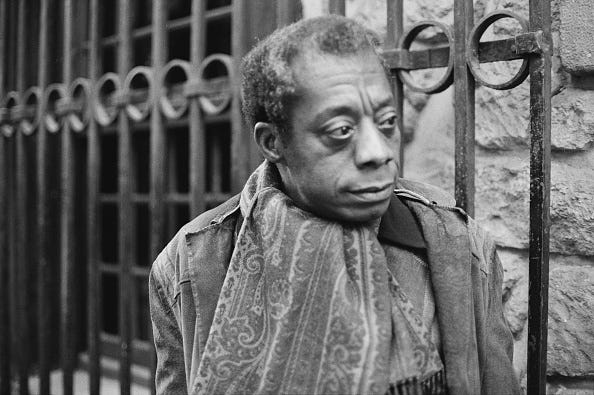The Writer's Almanac from Friday, August 2, 2013
"Siesta" by Robin Robertson, from Swithering. © Mariner Books, 2006.
ORIGINAL TEXT AND AUDIO - 2013
Today is the anniversary of the official signing of the Declaration of Independence, 1776. It was introduced as a resolution by Richard Henry Lee, a delegate from Virginia on June 7, 1776 — a resolution that said, "That these United Colonies are, and of right ought to be, free and independent states."
Thomas Jefferson traveled more than 300 miles from his home in Virginia to the Continental Congress in Philadelphia. He was appointed to a committee — along with John Adams, Benjamin Franklin, and others — to write a declaration based on Lee's resolution. Jefferson did the writing: four pages in four days.
Congress adopted the Declaration of Independence on the cool, sunny morning of July 4 in Philadelphia.
On July 6, the first newspaper version of the Declaration appeared in the Pennsylvania Evening Post. The Declaration was read publicly in Philadelphia on July 8, and on the next day, Washington ordered that his own copy be read to the American army in New York. Ten days later, Congress ordered the Declaration officially inscribed and signed by members.
Twenty-four original copies of the Declaration of Independence are known to exist. Two are kept in the Library of Congress, one of them Washington's personal copy.
It's the birthday of writer James Baldwin born in Harlem Hospital in New York City (1924). He was the oldest of a family of nine children, and he was often put in charge of his younger siblings. He spent much of his childhood with a baby in one hand and a book in the other, reading and rereading Uncle Tom's Cabin and A Tale of Two Cities.
Baldwin was accepted into a prestigious, mostly white high school, and while he was encouraged by the intellectual atmosphere of the school, he realized he would never have the same opportunities as his classmates. He said, "When the school day was over, I went back into a condition which [my classmates] could not imagine, and I knew, no matter what anybody said, that the future I faced was not the future they faced."
After graduation, Baldwin took a job working on a construction project for the Army. He experienced racism on the job and was fired several times for insubordination. He decided that his only chance at a better life would be to leave his family and become a writer. He said: "I had to leave Harlem. I had to leave because I understood very well, in some part of myself, that I would never be able to fit in anywhere unless I jumped. I knew I had to jump then."
He moved to Greenwich Village, supporting himself as a dishwasher and a waiter. He had some success publishing book reviews, but he was struggling to write his first novel. He used what money he had left to buy a ticket to Paris.
Baldwin arrived in Paris with only fifty dollars in his pocket. A few days after his arrival, he was locked out of his hotel room for lack of payment. He sold his clothes and his typewriter in order to survive, and then was falsely arrested for stealing a bedsheet and thrown in a French prison. Baldwin said, "It seemed to me that my flight from home was the cruelest trick I had ever played on myself, since it had led me here, down to a lower point than any I could ever in my life have imagined — lower, far, than anything I had seen in that Harlem which I had so hated and so loved."
After he got out of prison, he had almost given up on the novel he'd been writing for years, but a friend set him up in a cottage in the French countryside. Writing in almost total isolation, Baldwin was able to finish the novel in a few months. It came out in 1953 as Go Tell It on the Mountain. It was a big success, and Baldwin went on to become one of the most renowned writers of his generation.
Be well, do good work, and keep in touch.®
Audiobook (mp3 download): Serenity at 70, Gaiety at 80: Why you should keep on getting older by Garrison Keillor
This book was created just for fans as a keepsake from Garrison, and he narrates it himself in this digital audiobook version. This wonderful gem on aging will tickle your funny bone!






Can you let us know the source of the information about James Baldwin and quotes you used?
This author is so different than Oliver. She, gentle, quiet, easy. But this author is really wonderful. I love his last stanza.
And then you walk, sun-blinded,
into the slow and bitter understanding
that all this life and all its heart-sick wonder
is just the following of a wall
ridged with bright shards of broken glass.